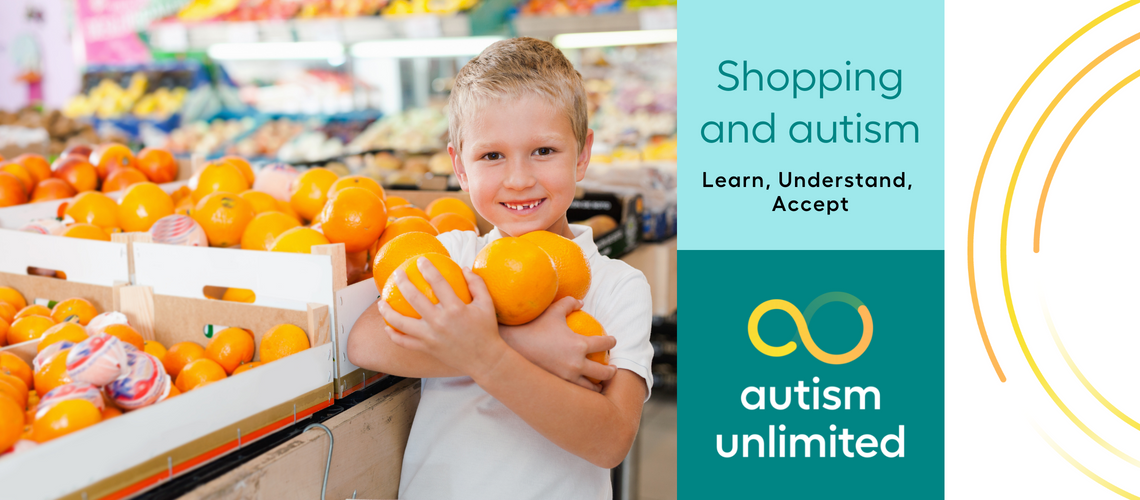My sensory experiences

My grandson, Brooke is an autistic child who needs the sensory experience of touching and feeling things to help him learn and develop. This enables him to relate more easily to everyday things, to develop his language skills and to process information in a way that keeps him calm and less anxious. All fundamentally important for any child but for an autistic child they are vital. Unfortunately, there have been instances where Brooke’s need for this kind of comfort and development have been very misunderstood.
Brooke loves nothing more than visiting the shops and his delight when he recognises products that he’s seen advertised on the television is a joy to see. Finding a bag of frozen chips that had been advertised on the TV the night before was a big event for Brooke. He couldn’t wait to pick up the bag of chips and feel what it was like, to get the sensory experience that helps him so much. However, not all other shoppers understand the importance, and some were even angry and vocal about how “children shouldn’t be touching food” – it was frozen food and well wrapped. It is sad that these individuals don’t understand what it means to autistic people to have the opportunity to touch and feel. If they did, I am sure they would be more accommodating and less judgemental.
Another particular favourite of Brooke’s is the sensory touch of flowers, plants, and leaves and when walking across a common he will quite often play with or pull off a leaf to feel, smell and touch. Yet again we have encountered people who don’t understand this with one person even going as far as to say to his mother “how would you like your head pulled off?". Once again, I am convinced that if this person understood why it is so important to Brooke they would not react in this way.
Learn, Understand, Accept
When autistic adults or children struggle to communicate, to understand the world around them and to enjoy the pleasures that most of us take for granted it is hard to accept that people do not see the whole story. They don’t understand that the reason somebody is acting in a certain way is not to be destructive or to ruin food but because that’s the best way for them to learn about things and get the familiarity that we, as neurotypical people, take for granted.
All children need to learn by experience, and it is no different for autistic children, it’s just that their way of learning doesn’t fit the usual stereotype. By understanding this I only hope we will achieve kindness and patience for any autistic child or adult.
My grandson has now made friends with the team at his local Tesco and visits them many times especially in the evening when it is quiet. The team look after him and he gets to work the shelves and make sure the tins are all lined up correctly. They didn’t need to do that, but they have gone out of their way to get to know him, to accept him as Brooke and to know what will help him. Last Christmas they even went as far as giving him a large bag of sensory toys at Christmas. I cannot thank them enough for going that extra mile.
The experience with the team at Tesco has given me hope that, once people are educated and aware of the traits of autism and understand how different behaviour isn’t necessarily bad behaviour, we will have a world where autism is embraced and celebrated rather than judged and criticised.
If you think you or your colleagues could benefit from understanding more about autism and what it means please click here to find out more.






